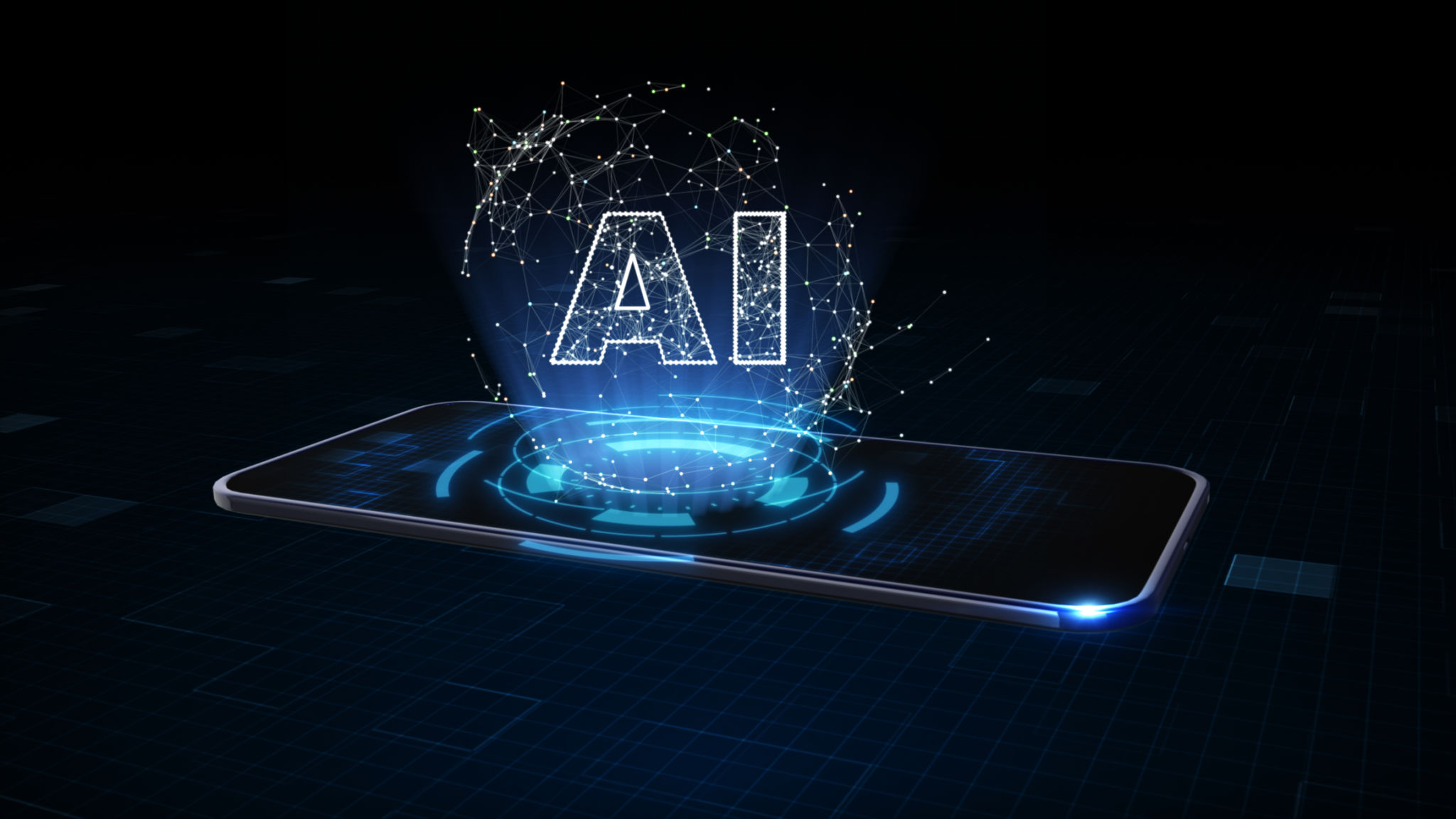Understanding AI Phone Systems in Doctor's Offices: A Comprehensive Guide
Introduction to AI Phone Systems in Healthcare
The integration of artificial intelligence (AI) into various sectors is transforming how businesses operate, and healthcare is no exception. **AI phone systems** in doctor's offices are streamlining operations, enhancing patient experiences, and providing significant efficiency gains. These systems are designed to handle numerous tasks that previously required human intervention, offering both time and cost savings.

Understanding the role of AI phone systems in healthcare requires a look into how these technologies function and the benefits they bring to both medical staff and patients. From appointment scheduling to patient inquiries, AI phone systems are revolutionizing communication in medical practices.
How AI Phone Systems Work
At the core of AI phone systems are advanced algorithms and machine learning capabilities. These systems can interpret and respond to a wide range of patient queries with minimal human oversight. They utilize **natural language processing (NLP)** to understand and process human speech, enabling them to interact with patients effectively.
The AI system can route calls, manage appointments, and even provide basic medical advice based on programmed protocols. By automating these tasks, the system reduces the workload on administrative staff, allowing them to focus on more complex patient needs.
Features and Capabilities
AI phone systems are equipped with several features that enhance their utility in a doctor's office. Some of these features include:
- Automated appointment scheduling and reminders
- Call routing based on urgency and department
- Patient data management and retrieval
- Basic inquiry handling

Benefits of AI Phone Systems for Doctors
The implementation of AI phone systems can lead to numerous benefits for healthcare providers. One major advantage is **increased operational efficiency**. By taking over routine tasks such as answering frequently asked questions or rescheduling appointments, the system frees up healthcare professionals to focus on patient care.
Additionally, AI systems can provide insights into call patterns and patient interactions, enabling doctors to make informed decisions about resource allocation and patient management strategies. This can lead to improved patient satisfaction and outcomes.
Enhanced Patient Experience
For patients, AI phone systems offer a more streamlined and responsive interaction with their healthcare providers. Patients can receive immediate responses to common inquiries without the need for long wait times. This level of service not only enhances satisfaction but also ensures that patients receive timely information about their care.

Challenges and Considerations
While the benefits are clear, there are challenges associated with implementing AI phone systems. **Data privacy** is a significant concern, as these systems handle sensitive patient information. Ensuring compliance with regulations such as HIPAA is crucial in maintaining confidentiality and trust.
Moreover, while AI technology continues to advance, there are limitations to what these systems can handle. Complex medical inquiries or issues that require human empathy are beyond the current capabilities of AI phone systems. Therefore, a hybrid approach that combines AI with human oversight is often the best solution.
The Future of AI in Healthcare Communication
As technology evolves, we can expect even more sophisticated AI phone systems that further improve efficiency and patient satisfaction. Advances in machine learning and NLP will expand the capabilities of these systems, allowing for more nuanced interactions with patients.
Ultimately, integrating AI phone systems into doctor's offices represents a significant step forward in healthcare communication. By understanding their functionality and benefits, healthcare providers can harness these tools to enhance both operational efficiency and patient care.
